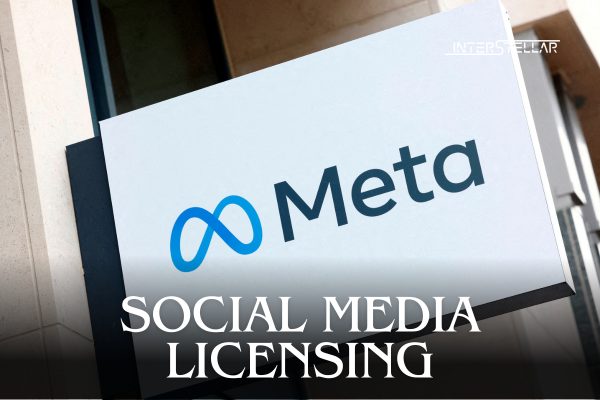Meta Criticises Malaysia’s Plan for Social Media Licensing, Citing Innovation Risks
A Meta Platforms official voiced concerns on Wednesday over Malaysia’s upcoming requirement for social media platforms to obtain a regulatory licence by January 2025. Meta’s Southeast Asia public policy director, Rafael Frankel, warned that the rushed timeline and lack of clear guidelines could hinder digital innovation and growth in Malaysia.
Malaysia’s New Licensing Requirement for Social Media
The proposed regulation, announced in July, mandates that social media platforms and messaging services with over eight million users must secure a licence to operate legally. Malaysia’s goal is to combat financial scams, cyberbullying, and online sexual crimes. Platforms that do not comply by the January 1, 2025 deadline risk legal repercussions. Communications Minister Fahmi Fadzil defended the move, emphasising that tech companies must follow local regulations to continue their operations in the country.
Meta’s Concerns Over Timeline and Clarity
Meta has not yet decided if it will apply for the licence, citing insufficient clarity on the proposed obligations. Frankel noted that the timeline for compliance was “exceptionally accelerated,” leaving little room for the usual process of refining and balancing safety and innovation concerns. “These regulations tend to take a couple years to go through multiple iterations… to properly structure them and to balance the need for safety and ensure that you don’t inadvertently cap innovation and digital economic growth,” Frankel told Reuters.
Meta has urged Malaysian authorities to provide clearer guidance, stressing the importance of a collaborative approach to ensure online safety without stifling growth. In an effort to address the government’s concerns, Meta has been actively working with Malaysia’s communications regulator to monitor and restrict harmful content on its platforms.
Government’s Stance on Online Safety
Minister Fahmi Fadzil acknowledged Meta’s cooperation in a Facebook post after a meeting with the company, yet urged the platform to take further steps to address harmful content, particularly that involving minors. Malaysian authorities view content related to online gambling, scams, child exploitation, cyberbullying, and sensitive topics around race, religion, and royalty as threats to social order and safety.
Earlier this year, Malaysia reported a rise in harmful content on social media, pressing firms like Meta and TikTok to intensify their content monitoring efforts. Frankel reiterated that Meta is aligned with Malaysia’s goal for safer online spaces and does not believe a licensing requirement is necessary to achieve this. Meta has shared its feedback with Malaysian authorities and hopes to “bridge the differences” before the regulations take effect.





